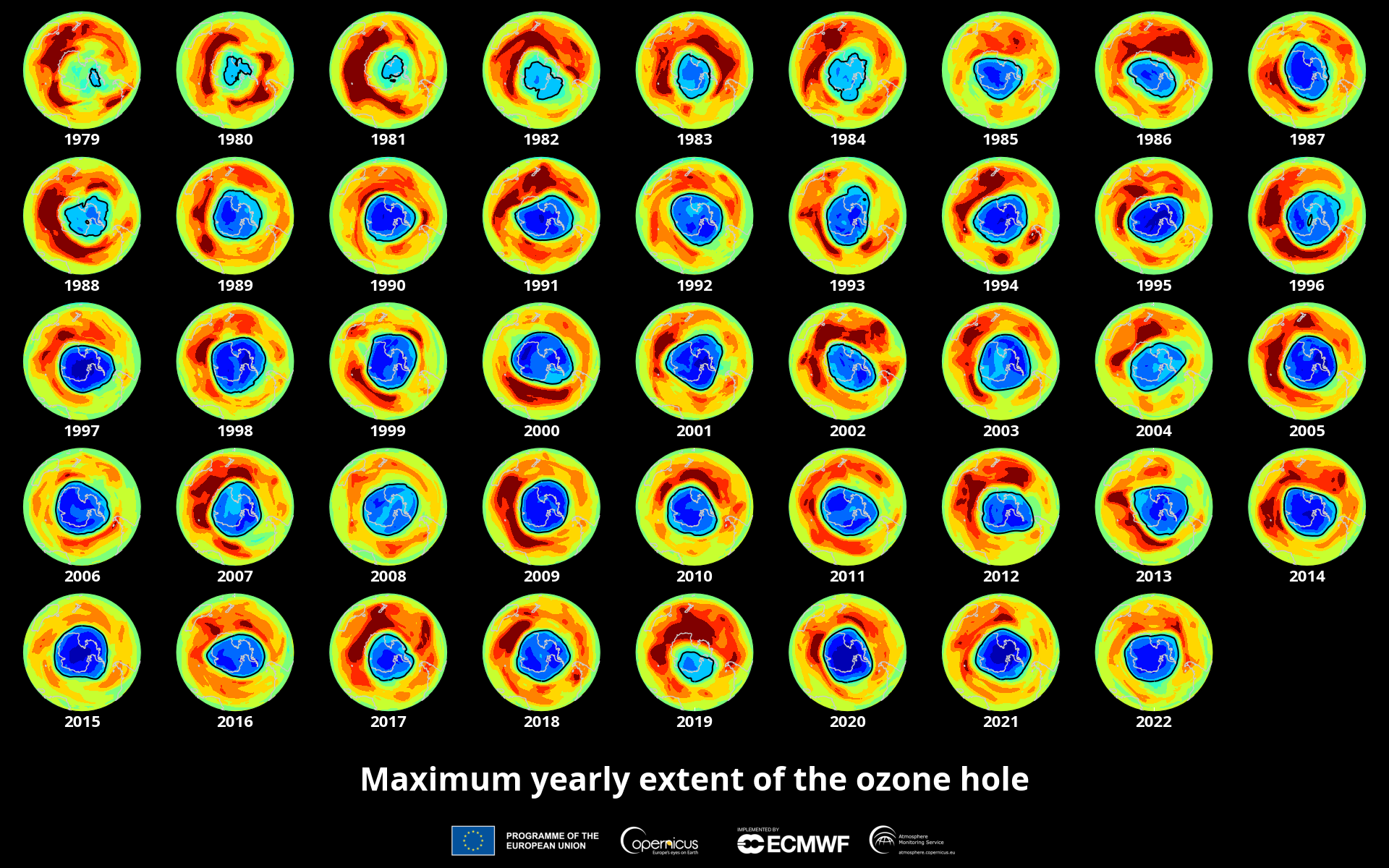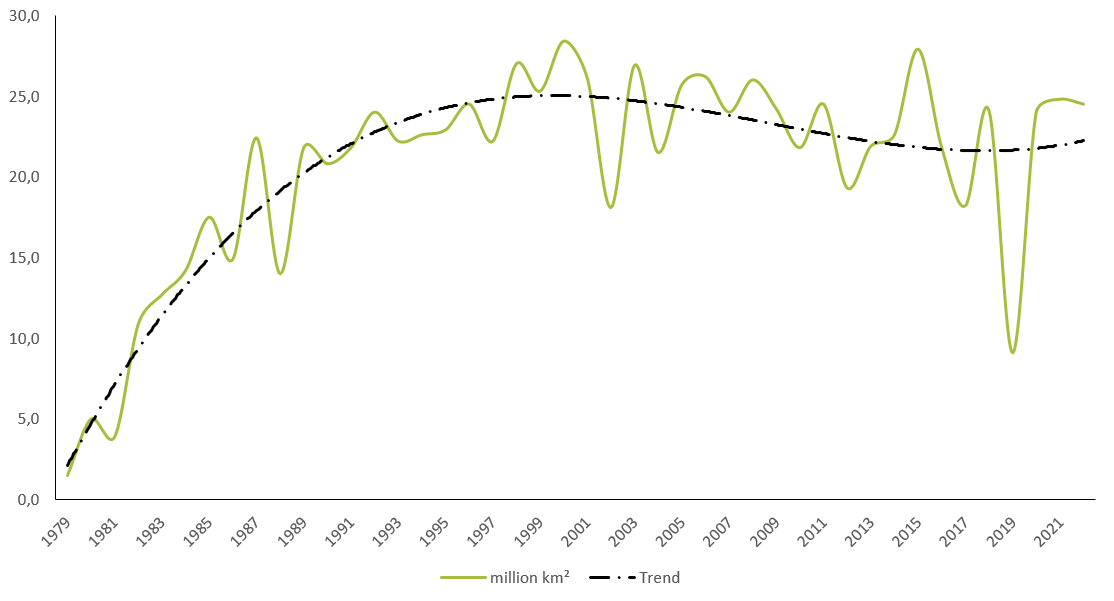MIRAIs view on PFAS restriction

On March 1st, the European Parliament made a decision to tighten control over fluorinated gases, including increasing control over the production and use of polymers belonging to this group. Currently, these polymers are widely used in many areas, from space to food industries.
This decision caused a strong reaction in the industry, but in this article, we will discuss why it is important, necessary, and why we should take it seriously. The first successful attempt to restrict the production and use of harmful substances can be considered the Montreal Protocol, the adoption of which led to a complete phase-out of substances that destroy the ozone layer. More than 30 years after the Montreal Protocol came into force, we can observe an increase in the ozone layer, particularly a reduction in the size of the "ozone hole" over Antarctica. This is direct evidence of the effectiveness of the decision and the effect of the joint cooperation of all countries. According to forecasts, if the current trend continues, the ozone layer should fully recover by 2050.


The first industrial applications of fluorinated hydrocarbons (FHs) began in the early 1930s, and as we can see from the graph above, until the 1980s, they did not have a visible impact on the ozone layer. However, in the following years, it began to rapidly deteriorate. Considering this, it can be confidently stated that it will take us about 100 years to restore the environment after our impact.
So why is it necessary to tighten restrictions now? In addition to its impact on the ozone layer, polymers belonging to the Pfas group also have a direct impact on the level of carbon dioxide in the atmosphere, exacerbating the greenhouse effect, and MIRAI Intex is calling on other companies and industry representatives to join in this process and contribute to the preservation of the environment. We are ready to work together with our partners and clients to ensure that our products comply with the new standards and requirements.
.gif)
Now we will move on to a more serious problem that is relevant to each of us, regardless of where we live. We are talking about PFAS - a class of chemicals that includes more than 4000 names and is constantly growing thanks to the efforts of chemical laboratories that regularly synthesize new polymers. The wide range of compounds in this group and the ability to create new polymers make it impossible to assess their impact on the environment and human health.
Numerous studies have been conducted confirming the negative impact of PFAS on human health. These substances can lead to reduced immunity, cognitive function, and increased risk of cancer, fetal development damage, reduced fertility, as well as a decrease in brain volume. In addition, we do not know about many other negative consequences. The greatest concern is that children are particularly at risk.
In addition, polymers from the PFAS group do not degrade in the natural environment, they are even called "forever chemicals." They can accumulate in water, soil, and even in the human body through skin pores or the digestive tract. It is almost impossible to find a person on the planet who does not have PFAS in their blood. This situation will continue for many generations, and the concentration will only increase with the use of these polymers. We cannot imagine what consequences this may have for the population and the environment. Therefore, we must stop using these substances.
Currently, chemical compounds such as PFAS are widespread, found in soil, drinking water, food products, and the human body. They are extremely resistant to decomposition and can be transported by water and air currents over long distances, making their presence in the body independent of where you live and how closely you monitor the cleanliness and quality of the products and water you consume. PFAS are already present in every human body. The concentration of PFAS in the bodies of people who are in direct proximity to the pollution source is much higher than in those who live in the Alps, where PFAS has also been detected. However, given their volatility and solubility in water, soil, and other environments, this is not a significant factor.
Abstaining from the use of PFAS today guarantees that the concentration of these substances will stop increasing, reducing long-term risks to humanity and providing an opportunity to find a way to clean our planet of these substances.
Chemical compounds such as PFAS have become an indispensable part of our lives. They are used in cosmetics, food, and industrial sectors every day. They possess unique properties, but are we willing to risk our lives and the lives of future generations to continue using them?
Furthermore, MIRAI Intex places great emphasis on the environmental sustainability and efficiency of our production processes. We are constantly looking for new and innovative ways to reduce our impact on the environment and increase the energy efficiency of our processes. We are confident that joint efforts can lead to significant improvements in the state of our planet and the preservation of its resources for future generations.
MIRAI Intex calls on everyone to join us in this important endeavor. Together, we can achieve more and bring real benefits to our planet.

